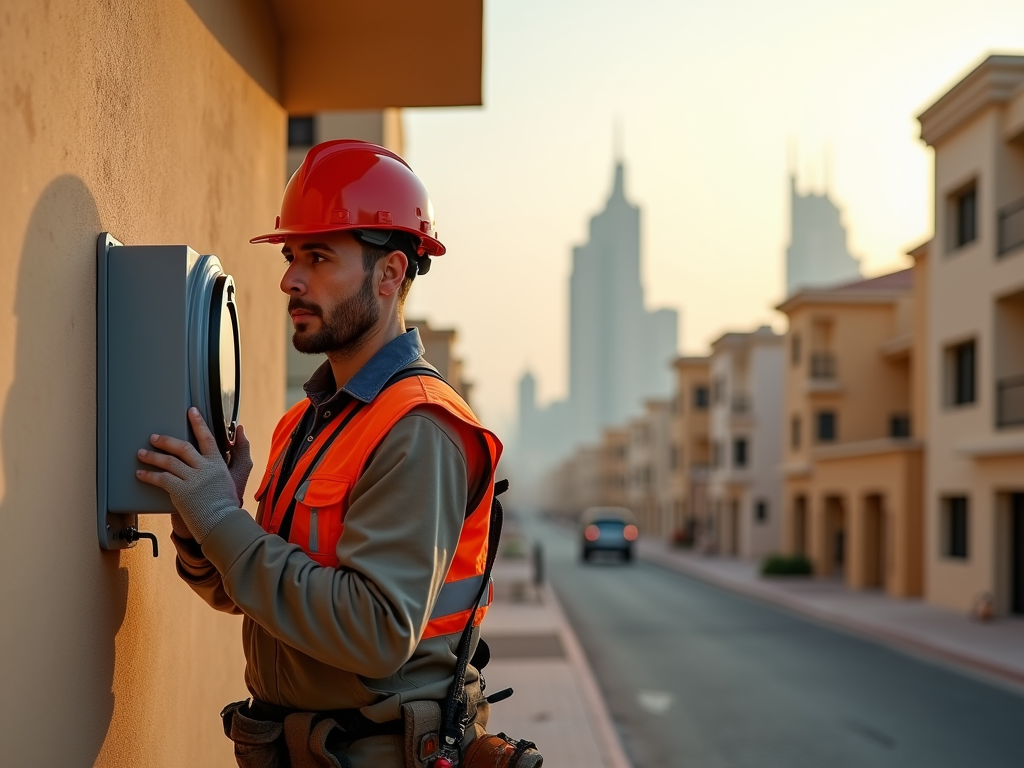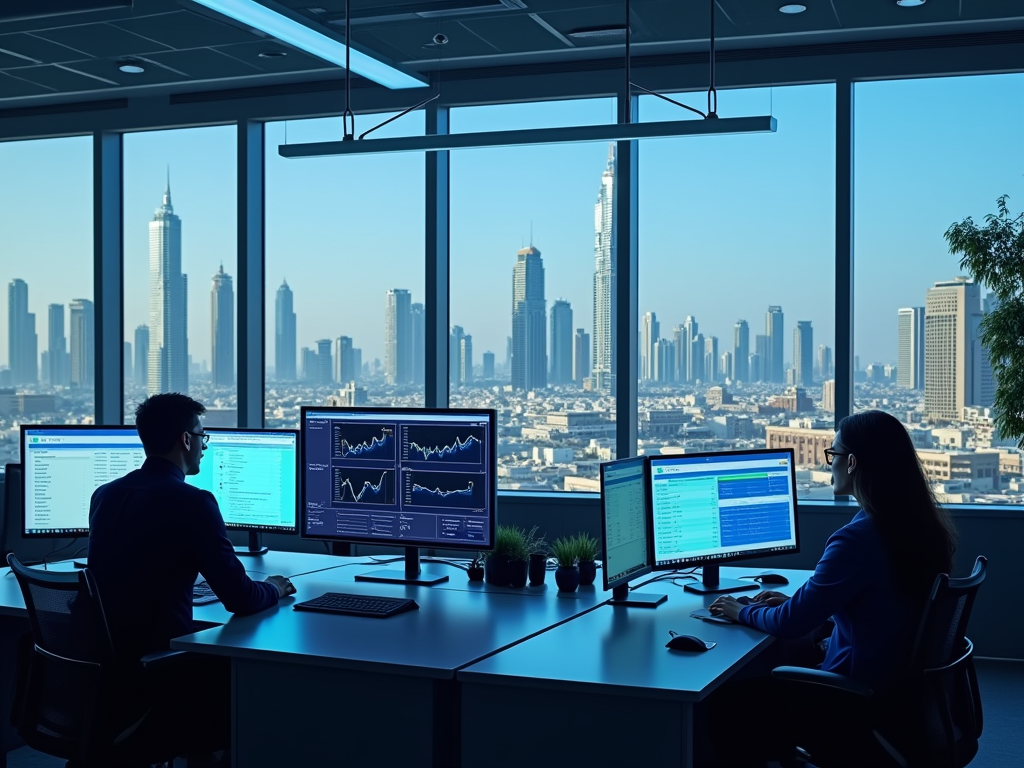The Smart Utilities market in Dubai is experiencing unprecedented growth, driven by technological innovation and a commitment to sustainability. As the city aims to become a global leader in smart technology integration, various sectors are adapting to this transformation. This article delves into the key elements contributing to the expansion of smart utilities in Dubai, including the implementation of advanced technologies, investment in infrastructure, government initiatives, and the benefits for residents and businesses.
Understanding Smart Utilities

Smart utilities integrate digital technology with traditional infrastructure to enhance the efficiency and sustainability of utility services. These systems utilize real-time data, analytics, and automatic responses to optimize resource use. Dubai’s landscape is characterized by rapid urbanization, which underscores the need for smarter utility solutions to support the city’s residents and burgeoning commercial sectors. The core components of smart utilities include:
- Smart Grids: These allow for enhanced communication between energy suppliers and consumers, facilitating better energy distribution.
- Smart Water Management: Advanced systems monitor water quality and consumption, minimizing waste.
- Renewable Energy Integration: Smart utilities support solar and wind energy initiatives, promoting sustainability.
- Data Analytics: Efficiency improvements are driven by analyzing consumption and operational patterns.
- Customer Engagement Tools: These empower residents through apps and platforms to track their usage and reduce costs.
Investment in Infrastructure

Dubai’s investment in smart utilities infrastructure is significant and multidimensional. The government has allocated substantial funds to develop technology-driven solutions for water, electricity, and waste management. Initiatives undertaken include upgrading transmission lines for electricity, deploying smart meters, and creating advanced water treatment facilities. The purpose of such investments is not only to improve service delivery but also to position Dubai as a forward-thinking metropolis. The implications of this infrastructure investment extend to:
- Enhanced reliability of utility services.
- Reduction of energy consumption and operational costs.
- Minimized environmental impact through efficient resource management.
Government Initiatives and Policies
The Dubai government plays a pivotal role in the growth of smart utilities through robust policies and strategic initiatives. The Dubai Smart City initiative, launched in 2014, establishes a framework for the transition to intelligent systems. This initiative emphasizes public-private partnerships to foster innovation and attract investments. Moreover, local regulations encourage renewable energy adoption and energy efficiency practices. Specific policies that have spurred growth in the market include:
- Mandating the use of smart metering systems.
- Offering incentives for businesses adopting sustainable practices.
- Incorporating smart technology benchmarks in new developments.
- Setting ambitious targets for renewable energy contributions.
- Promoting community engagement in energy conservation efforts.
The shift towards smart utilities in Dubai is not only beneficial for the environment but also brings tangible advantages to residents and businesses alike. For consumers, smart utilities mean lower utility bills and improved service quality. Smart grids enhance energy reliability, while smart water management systems ensure clean and readily available water. Businesses benefit from predictive analytics that help manage resources efficiently and reduce operational costs. Key benefits include:
- Access to real-time data for informed decision-making.
- Increased engagement with utility providers.
- Boosted sustainability credentials for businesses.
- Enhanced urban livability through reliable services.
Conclusion
The growth of Dubai’s smart utilities market represents a significant step towards a more sustainable, efficient, and innovative city. Through strategic investments, government initiatives, and technological advancements, Dubai is setting a benchmark for smart utility services in the region. As the city continues to embrace digital transformation, both residents and businesses will enjoy the benefits of a future-oriented utilities landscape that promotes environmental responsibility and economic viability.
Frequently Asked Questions
1. What are smart utilities?
Smart utilities are systems that integrate digital technology into traditional utility services to enhance efficiency and sustainability, utilizing real-time data and automated processes.
2. How is Dubai investing in smart utilities?
Dubai is investing in infrastructure upgrades, smart metering, renewable energy projects, and advanced water management systems as part of its smart utility initiatives.
3. What role does the government play in the growth of smart utilities?
The Dubai government fosters the growth of smart utilities through strategic policies, initiatives like the Dubai Smart City project, and public-private partnerships aimed at innovation.
4. What benefits do residents experience from smart utilities?
Residents benefit from lower utility costs, improved service reliability, enhanced engagement with utility providers, and access to real-time consumption data.
5. How do smart utilities contribute to sustainability?
Smart utilities promote sustainability by optimizing resource usage, reducing waste, integrating renewable energy, and implementing energy-efficient practices across urban infrastructure.
